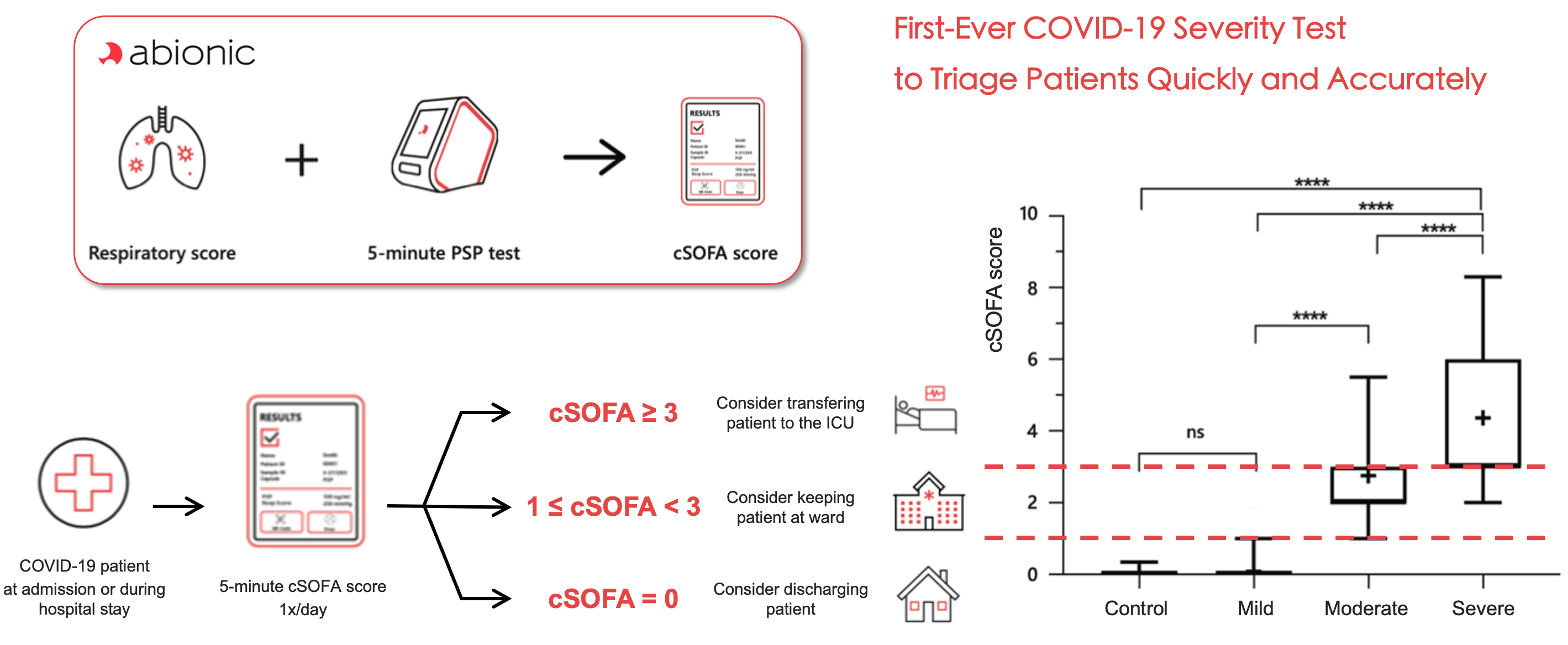PSP will become No. 1 biomarker for the early detection of sepsis.

Sepsis
Number 1 killer in hospitals
Serious infections, also referred to as severe sepsis, are among leading causes of death in intensive care units (ICUs) and thus pose a major challenge to health care workers. Sepsis is a syndrome characterized by an overwhelming systemic response to infection, which can rapidly lead to vital organ dysfunction, cardiovascular collapse, irreversible multiple organ failure and death. Severe sepsis accounts for 40% of total ICU expenditure. Every year, 18 million individuals die from severe sepsis. In the United States alone, the estimate of cases, a decade ago, was 750’000 per year. This number will likely reach 1 million this year, and despite tremendous research, increasing efforts, and therapeutic progresses, mortality rates from sepsis remain disappointingly high, ranging between 30% and 50% of sepsis cases.
PSP assay
Early diagnosis save lives
Early diagnosis is crucial to improve the outcome of patient care and increase survival rates. LASCCO developed a new biomarker, the Pancreatic Stone Protein (PSP), for the prediction of sepsis outcome. The test allows early detection of sepsis, several days before onset. PSP blood levels tightly correlate with severity and risk. This important prognostic information could improve rapid risk stratification, lead to the optimization of treatments for severely ill patients, help clinicians to allocate more accurately hospital resources and ICU beds and cut down on the unnecessary use of antibiotics.
Latest News

